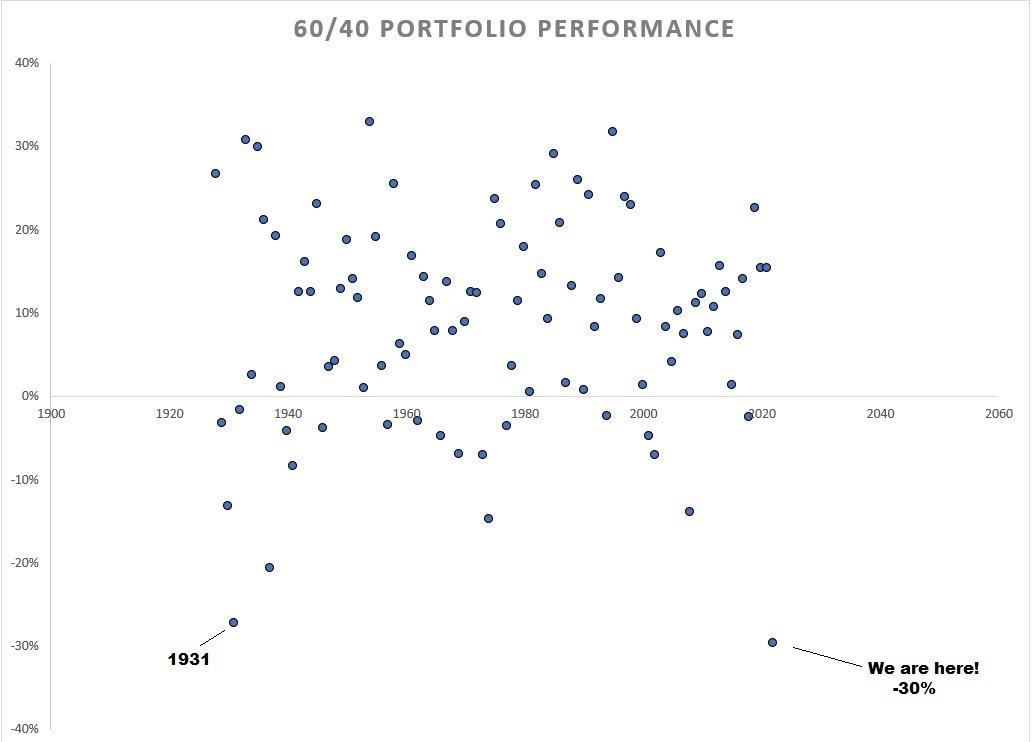With the Bank of American earnings report, we've now heard from the four big banks, on Q3 earnings.
Bank of America beat on revenues and earnings. As we discussed yesterday, where the banks are losing on investment banking activities (due to low confidence in the market and economic outlook) and wealth management (lower fees from lower account balances), they are making on trading revenue (market volatility brings more trading volume) and a very healthy interest rate spread (where they borrow, and what they pay you on your deposits).
Moreover, the big banks continue to say that consumer and business balance sheets are healthy, consumers have the appetite to spend, and jobs remain plentiful.
This doesn't exactly support the mood of the market.
Keep in mind, while the Fed has talked down the stock market and has tried to talk UP unemployment, the nominal growth rate of the economy is running at the hottest pace since the early 80s. Before the effects of inflation, the economy grew at an annual pace of;
6.6% in the first quarter,
8.2% in the second quarter,
the third quarter is projecting over 9% (according to the Atlanta Fed GDP model).
With all of the above said, by the end of the week we will have heard from about 20% of S&P 500 companies on Q3 earnings. Will the fundamentals match the performance of financial markets?
To this point, investors in a traditional 60% stock 40% bond portfolio are suffering from the worst performance on record (down 30%). The next closest year was 1931. And those two economic environments don't compare well.
With that, are the markets overestimating the risk that we are heading for a major economic shock and calamitous fallout? If so, I would argue markets are underestimating (if not misunderstanding) the role that central banks and governments of the Western world have taken (their mantra: "whatever it takes").
They are in full manipulation mode, intervening with monetary or fiscal policy wherever needed. We've already seen plenty of it, just in the past few months, both government and central bank backstops.





